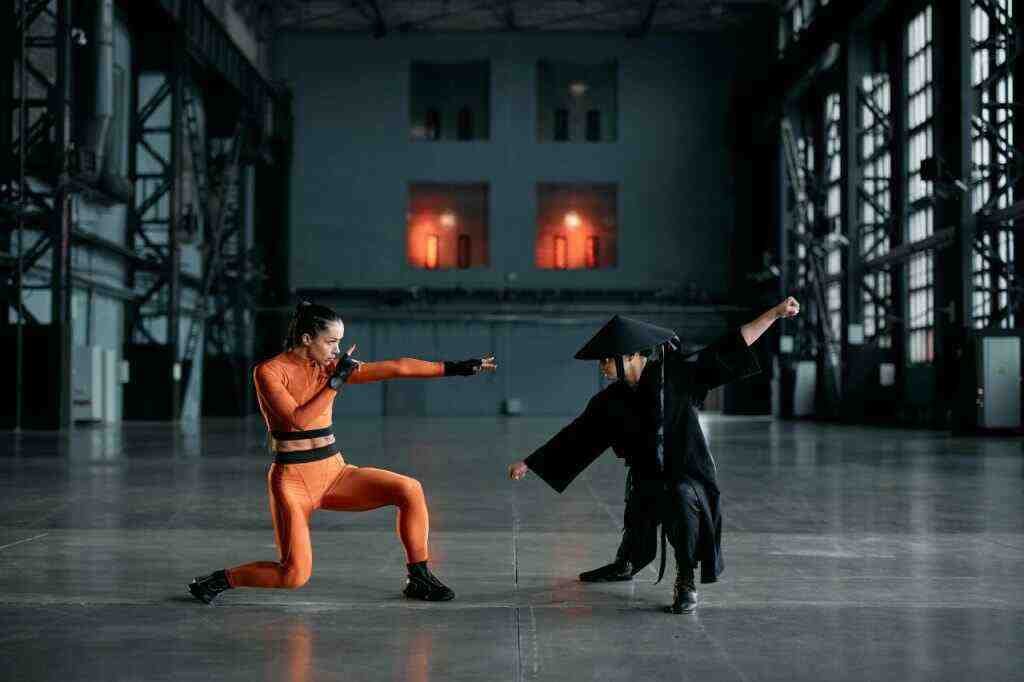Baseball Hall of Fame Voting Results 2024: A Comprehensive Analysis
Wagner Poised for Induction, A-Rod and Manny’s Chances Dwindling
The Baseball Writers’ Association of America (BBWAA) has spoken, and the 2024 Hall of Fame voting results are in. Billy Wagner, the flame-throwing closer, emerged as the frontrunner, poised to join the hallowed halls of Cooperstown in 2025, his final year of eligibility. With an impressive 73.8% of the vote, Wagner’s induction seems almost certain, a testament to his exceptional performance and unwavering consistency throughout his illustrious career.
Contrastingly, Alex Rodriguez and Manny Ramirez, two polarizing figures in baseball history, saw their Hall of Fame hopes dwindle. A-Rod’s vote percentage remained stagnant, hovering around 34%, while Manny’s support dropped slightly to 32.5%. The lingering shadow of their PED suspensions continues to overshadow their remarkable on-field achievements, significantly diminishing their chances of enshrinement.
Jones and Beltrán Gain Traction, Utley Makes Decent Debut
Andruw Jones and Carlos Beltrán made notable strides in their respective Hall of Fame candidacies. Jones, in his seventh year on the ballot, saw his vote percentage climb to 61.6%, while Beltrán, in his second year, jumped to 57.1%. Both players showcased exceptional talent during their careers, and their growing support among voters bodes well for their future induction prospects. However, Beltrán’s involvement in the 2017 Astros sign-stealing scandal may pose a challenge, potentially tarnishing his legacy and hindering his Hall of Fame aspirations.
Chase Utley, in his first year on the ballot, received a respectable 28.8% of the vote, a solid showing considering the strong competition. Some voters may have held back their support for Utley, opting to prioritize more established candidates. Nonetheless, Utley’s impressive performance, coupled with his popularity among fans and analysts, suggests that he has a strong chance of eventually reaching the Hall of Fame.
Wright Survives, Rollins and Hunter Show Modest Gains
David Wright, despite falling short of the 5% threshold required to remain on the ballot, managed to garner 6.2% of the vote in his first year of eligibility. This modest showing keeps his Hall of Fame hopes alive, although he faces an uphill battle to reach the elusive 75% threshold. With time, Wright may be able to build a stronger case for induction based on his impressive career statistics and his impact on the New York Mets franchise.
Torii Hunter and Jimmy Rollins both made modest gains in their respective candidacies. Hunter’s vote percentage increased slightly to 7.3%, while Rollins saw his support grow to 14.8%. Both players have time to build momentum and improve their chances of induction. Hunter’s defensive prowess and consistent offensive production may eventually earn him enough support to reach Cooperstown, while Rollins’ all-around game and leadership qualities could sway voters in his favor.
Sub-20% Players Face Challenges
Several players who received less than 20% of the vote face an uncertain future in Hall of Fame voting. Omar Vizquel’s vote percentage dropped to 17.7%, Andy Pettitte’s fell to 13.5%, Bobby Abreu’s declined to 14.8%, Mark Buehrle’s dipped to 8.3%, and Francisco Rodríguez’s decreased to 7.8%. These players will need to generate significant support in future voting cycles to have a chance at induction. Their statistical achievements and overall contributions to the game may not be enough to overcome the crowded field of candidates and the high standards set by the BBWAA.
Sheffield’s Hall of Fame Bid Ends
Gary Sheffield’s Hall of Fame bid came to an end after 10 years on the ballot. Despite receiving a respectable 63.9% of the vote, he fell short of the 75% threshold required for induction. Sheffield’s PED ties and defensive deficiencies ultimately prevented him from reaching Cooperstown. His case highlights the complex and evolving nature of Hall of Fame voting, where statistical dominance alone may not be enough to secure a player’s place among the game’s greatest.
Conclusion
The 2024 Baseball Hall of Fame voting results provide a fascinating snapshot of the evolving landscape of Hall of Fame selection. While some candidates make significant strides towards enshrinement, others face an uphill battle. The interplay of statistics, narratives, and public perception continues to shape the outcomes of Hall of Fame voting, making it a captivating and ever-changing process. As the game of baseball continues to evolve, so too will the criteria and considerations used to determine who is worthy of baseball’s highest honor.
